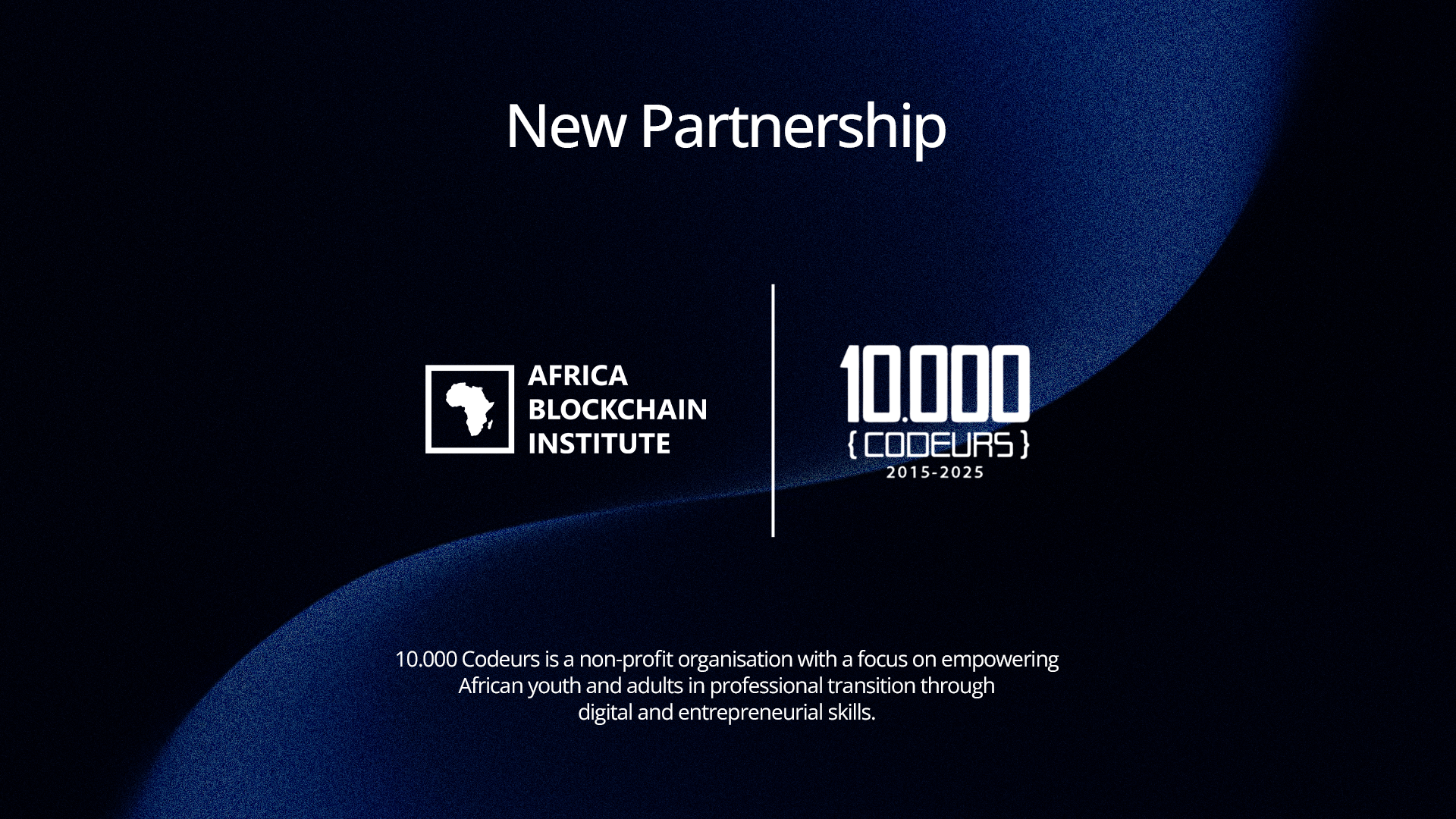When the COVID-19 pandemic shut schools across Nigeria, Israel Kehinde, saw that education didn’t just move online, it began to collapse. This crisis inspired the birth of Readversity, an ed-tech platform tackling both book accessibility for learners and piracy for copyright holders
With the university bookstore shut, students resorted to scanning and sharing textbooks illegally. Before long, an entire website emerged, offering free scanned copies of copyrighted works.
In this edition of Techparley’s DRIVE100, where we spotlight Africa’s most promising startups, we turn our attention to how Readversity, founded by Israel Kehinde, is redefining how books are distributed, read, and protected across Africa through innovative digital solutions that make learning more accessible, affordable, and piracy-proof.
“Readversity is solving the problem of lack of access to books for learners and solving the problem of piracy for copyrightholders,” Israel told Techparley. “We solve the problem of lack of accessibility to education through the following products that we have.”
What You Should Know
According to Israel, Readversity’s mission is clear. The startup wants to make education accessible and protect intellectual property in a region where both are often undervalued. The startup has developed a suite of products that merge accessibility, affordability, and technology.
1. Online Bookstore – LockBook.org
A customisable e-book marketplace where students and institutions can buy interactive eTextbooks, study materials, and general eBooks. It’s designed to replicate and enhance the traditional bookstore experience, all within a secure digital environment.
2. Readversity App
Formerly known as LockBook Reader, the Readversity App is a secure, lightweight reading application available on all major app stores. What makes it special is its active learning model, it engages four of the five human learning senses simultaneously. It’s also armed with anti-piracy features that block unauthorised printing, copying, sharing, or screenshots, a major leap for digital rights protection in Africa.
The company is also working on next-generation eReader hardware, licensed from a high-tech R&D firm in China. This glare-free, battery-free device promises to bring digital reading to environments with limited power supply.
Through these products, Readversity is tackling the three biggest challenges in the learning space:
- Affordability: Digital textbooks at a fraction of print costs.
- Accessibility: 24/7, offline and online access to learning materials.
- Engagement: Interactive features that reduce cognitive fatigue and sustain attention.
Readversity’s Vision for Smart Learning
In 2026, Readversity says it plans to launch Readversity AI, a metacognitive reflective learning tool designed to revolutionise how people learn and reflect on what they read.
This AI will:
- Generate self-assessment quizzes based on other readers’ progress.
- Create reflective journal summaries from a reader’s notes and highlights.
- Analyse reading habits to offer personalised study recommendations.
“Our goal,” says Kehinde, “is to help people not just read, but truly learn—to understand how they learn and how to get better at it.”
Since its inception, Readversity has grown steadily. The startup says it has 10,000 active users and 30,000 total customers; ₦240 million in total revenue, with ₦170 million earned in the past year alone; and a growing active customer base of 6,000+ learners
The Team Behind the Innovation
Alongside Israel, the startup is led by a compact but dynamic team, including:
- Isaiah Adekunle – Head of Operations
- Enoch Oyerinde – Chief Technology Officer
- Taiwo Adegboye – Investment Relations Lead
They’re supported by Omotooke Afolabi of Techlerator as Advisor, alongside newly-recruited technical experts including Abdullahi Abdulfattah (Cloud Engineer) and Samson Oriyomi (Full-Stack Developer).
Israel says the journey hasn’t been without obstacles. Beyond funding gaps, Readversity faced technical constraints, especially when Apple initially disallowed screenshot prevention on its platform, a key feature in their anti-piracy promise to authors.
Still, the team remains undeterred. Readversity continues to scale, migrating its infrastructure from Go54 to AWS to multiply its capacity six-fold.
Kehinde’s Take on What Governments Can Do
Israel Kehinde believes government support for startups must go beyond policy paperwork. According to him, governments should provide grants and enforce policies that encourage EdTech adoption, protect the intellectual property of African authors, and scale the African Publishing and Startup Incubator initiative across regions.
Africa’s e-learning market size was $ 2.8 billion in 2022, and it is projected to reach $ 5.2 billion by 2028, growing at a CAGR of 11% from 2023-2028. Analysts note that with the potentials, Readversity stands as proof that solutions are possible, even with limited resources.
Experts say Readversity isn’t just an ed-tech platform, it’s a digital bridge connecting African learners to knowledge and authors to fair compensation. In an era where the world’s information is a click away, Israel Kehinde and his team are ensuring that Africa doesn’t get left behind in its own story.
Talking Points
It is impressive that Readversity has built a platform that tackles Africa’s limited access to learning materials and rampant book piracy. By digitising textbooks and securing copyright protection for authors, the startup is addressing both sides of the educational value chain.
The inclusion of offline access and anti-piracy technology is particularly significant in a region where unreliable internet and weak intellectual property enforcement have long stalled digital transformation. This single feature alone positions Readversity as a practical and sustainable solution for schools, publishers, and students across the continent.
At Techparley, we see how Readversity’s dual focus on accessibility and intellectual property protection could accelerate Africa’s shift to digital learning ecosystems. By offering an affordable, secure, and interactive e-reading experience, the company bridges a crucial gap between education and technology.
As the company expands, there is a clear opportunity to form partnerships with governments, publishers, and EdTech accelerators to deepen its reach and infrastructure.
With strategic support and continued innovation, Readversity could become one of the most transformative forces in Africa’s education and publishing sectors, setting a new standard for how knowledge is distributed, consumed, and protected on the continent.
——————-
Bookmark Techparley.com for the most insightful technology news from the African continent.
Follow us on Twitter @Techparleynews, on Facebook at Techparley Africa, on LinkedIn at Techparley Africa, or on Instagram at Techparleynews.






